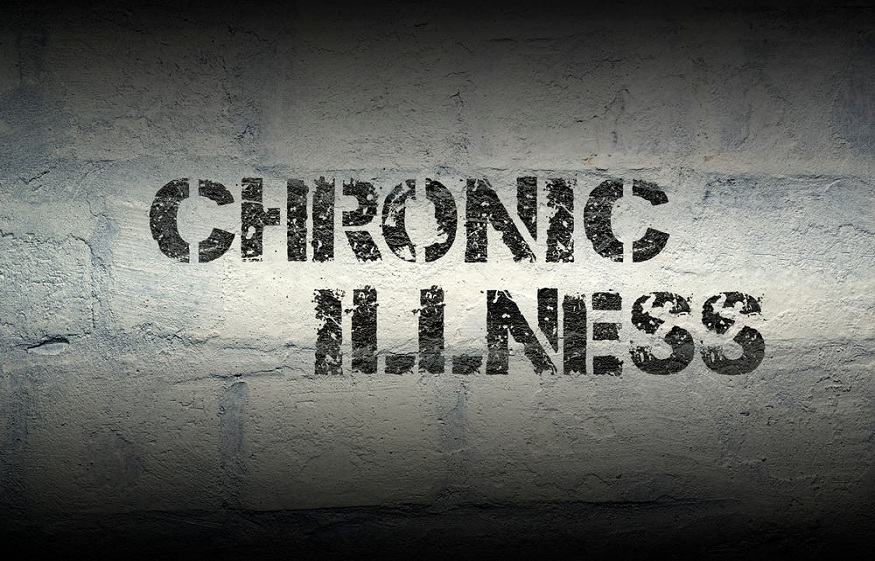Using medical marijuana to address many health issues has gained significant momentum over the past few years. This trend toward legalizing marijuana for medicinal purposes has spread throughout several states and is also becoming widespread around the world. A medical marijuana card allows patients to legally access and use cannabis for their specific health conditions under the guidance of a qualified healthcare professional.
What is a Medical Marijuana Card?
The experts at KindlyMD explain that a medical marijuana card is an official identification card provided by a state health department or regulatory body, which grants legal permission to patients with eligible medical conditions to lawfully possess, use and grow cannabis for medicinal objectives. For a patient to get the card, they must first receive certification from a healthcare provider verifying their condition and the potential benefits of using medical marijuana.
Qualifying Medical Conditions for a Medical Marijuana Card
While the list of qualifying medical conditions varies from state to state, some common conditions that may qualify for a medical marijuana card include:
- Chronic pain
- Multiple sclerosis (MS)
- Epilepsy and other seizure disorders
- Glaucoma
- Crohn’s disease and other inflammatory bowel diseases
- Parkinson’s disease
- Post-traumatic stress disorder (PTSD)
- Cancer
- HIV/AIDS
- Amyotrophic lateral sclerosis (ALS)
How Can Medical Marijuana Help Manage Chronic Illness Symptoms?
Many studies have shown that medical marijuana is a viable solution for managing symptoms linked to chronic health conditions. Here are some ways in which cannabis can help:
- Pain Relief: One of the most well-known benefits of medical marijuana is its ability to provide relief from chronic pain by interacting with the body’s endocannabinoid system. It is this system that plays an important role in regulating pain perception.
- Reduced Inflammation: Many chronic illnesses involve inflammation, which can cause pain and discomfort. Medical marijuana has anti-inflammatory properties that can help ease these symptoms.
- Muscle Spasticity: Patients with conditions like multiple sclerosis often experience muscle spasms and stiffness. Medical marijuana can help relax muscles and reduce spasticity, making it easier for patients to move and perform daily activities.
- Improved Sleep: Many chronic illness sufferers struggle with insomnia and other sleep issues. Medical marijuana can help improve sleep quality by promoting relaxation and reducing anxiety.
- Appetite Stimulation: Conditions like cancer and HIV/AIDS can cause patients to lose their appetite and experience significant weight loss. Medical marijuana can stimulate appetite and help patients maintain a healthy weight.
- Nausea and Vomiting: Medical marijuana is well-known for its ability to reduce nausea and vomiting, particularly in patients undergoing chemotherapy for cancer treatment.
- Anxiety and Depression: Chronic illness can take a toll on a person’s mental health. Medical marijuana can help ease anxiety and depression by interacting with the body’s endocannabinoid system, which regulates mood and emotions.
How to Get a Medical Marijuana Card
If you or a loved one is suffering from a chronic illness and you believe that medical marijuana could help manage symptoms, the first step is to consult with a healthcare provider who is knowledgeable about cannabis as a treatment option. They will determine if you have a qualifying medical condition and can provide a recommendation for medical marijuana use.
Once you have a recommendation from your healthcare provider, you’ll need to apply for a medical marijuana card through your state’s health department or regulatory agency.
Conclusion
A medical marijuana card can be a game-changer for many individuals suffering from chronic illnesses. If you or a loved one is dealing with a chronic illness and you believe that medical marijuana could help, consult with a qualified healthcare provider to discuss your options and begin the process of obtaining a medical marijuana card.

